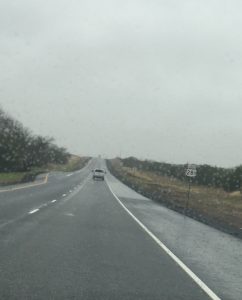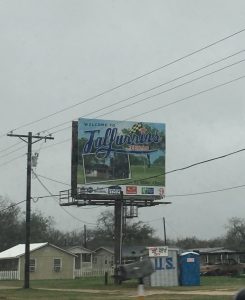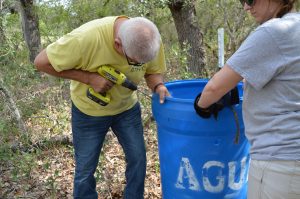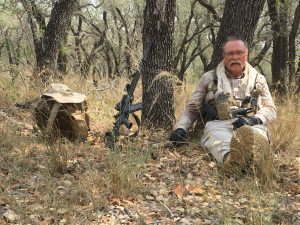I find myself reading this poem often, especially as we prepare for our next trip to the Texas Borderlands. The hypocrisy and the pain of this passage is what makes it so hauntingly beautiful and so full of truth. If it doesn’t directly impact us, we tend to change the channel, close the curtains or fold the newspaper. We rationalize that they must have done something to bring this upon themselves and therefore they do not deserve what we have.
This is why the UIndy team goes back year after year. It’s not because the work would not get done without our small team of five. Our colleagues are more then capable of doing it. But because as educators it is our responsibility to not only provide our students with the skills to succeed but also the compassion, empathy and experiences to see that their education provides them with privilege and a platform for service to marginalized and underserved populations.
And now is when they need you to be brave.
Now is when we need you to go back and forget everything you know
And give up the things you’re chained to
I look forward to seeing our friends in the community of Falfurrias and our colleagues from Texas State University. We will also visit Wilmer’s grave and make sure it is clean and has fresh flowers. I also look forward to working with this team of UIndy students who are all new to the process of exhumation at Sacred Heart. Thank you for taking the time to follow our journey.
~KEL
If You Could
by Danny Bryck
I know, I know
If you could go back you would walk with Jesus
You would march with King
Maybe assassinate Hitler
At least hide Jews in your basement
It would all be clear to you
But people then, just like you, were baffled,
had bills to pay and children they didn’t understand
and they too were so desperate for normalcy they made anything normal
Even turning everything inside out
Even killing, and killing, and it’s easy
for turning the other cheek
to be looking the other way, for walking, to be talking, and they hid in their houses
and watched it on television, when they had television,
and wrung their hands, or didn’t, and your hands are just like theirs
Lined, permeable, small,
and you would follow Caesar, and quote McCarthy, and Hoover, and you would want
to make Germany great again
Because you are afraid, and your parents are sick,
and your job pays shit and where’s your dignity?
Just a little dignity and those kids sitting down in the highway,
and chaining themselves to buildings, what’s their fucking problem?
And that kid
That’s King. And this is Selma. And Berlin. And Jerusalem.
And now is when they need you to be brave.
Now is when we need you to go back and forget everything you know
and give up the things you’re chained to and make it look so easy in your
grandkids’ history books (they should still have them, kinehora)
Now is when it will all be clear to them.




